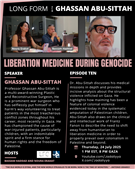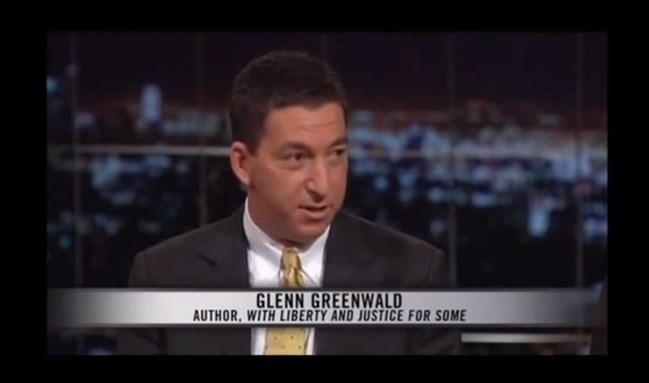[The following statement was published by the Cairo Institute for Human Rights Studies on 5 July 2013, and is signed onto by several Egyptian organizations.]
Closure of Islamist Media Channels and Arrest of Some of Its Staff: Clear Iiolation of Media Freedom
The undersigned organizations express their concern regarding the exceptional procedures taken yesterday against Islamist satellite channels, which included the breaking by security forces into offices of those channels, arrest of several of their crew and closing their broadcast in view of their incitement of violence against protesters and mobilizing supporters of former president Mohamed Morsi for civil strife.
Those channels included channel Misr 25 (Muslim Brotherhood) as well as Elrahma, el Nas and Khaligeyya (Salfi trend), and Aljazeera MubasherMisr in addition to the confiscation of the second print of the Freedom and Justice newspaper.
The undersigned organizations while they condemn and refuse the incitement of violence via media channels, which is an exception to freedom of expression, they also state that providing evidence that a media channel has committed a criminal incitement as defined by national and international law should be provided via transparent procedures and implementation of the law, free of any generalization or arbitrariness. Holding the inciter accountable is mandatory, but the closure of channels is a form of collective punishment, which constitutes a violation of media freedom and one of its main foundations, the allowance for diversity of media contents.
The organizations equally condemn the detention of some members of staff at those channels in unknown locations, especially staff working at the El Nas and El Hafez channels, according to confirmation by their families, all of which sheds doubt over the legality of procedures taken against them.
The undersigned organizations is critical towards the lack of transparency on part of Egyptian authorities regarding those procedures, which coincided with the statement by the General Command of the Armed Forces, which announced the beginning of a new transitional state that should establish a democratic regime based on respect of public freedoms, which include freedom of media and the press. Egyptian authorities did not disclose the legal procedures related to the arrest of employees of those channels, their specific accusations or whether the arrest and cut of broadcast were based on orders by judicial authorities.
The organizations believe that Egyptian authorities must respect principles of media freedom as stipulated by international law, irrespective of the political situation, which should not be used to justify limitation of essential rights and freedoms. Respect for those principles is more urgent and important during exceptional circumstances to avoid any attempts to turn an exception into a general rule.
Signatories
- Association for Freedom of Thought and Expression
- Cairo Institute for Human Rights Studies
- Da’am Center for Information Technology
- Egyptian Center for Economic and Social Rights
- Egyptian Initiative for Personal Rights
- El Nadim Center
- Hisham Mubarak Law Center
![[Logo of Cairo Institute for Human Rights Studies. Image from cihrs.org]](https://kms.jadaliyya.com/Images/357x383xo/Image-Cairo_Institute_for_Human_Rights_Studies-Logo.jpg)

















